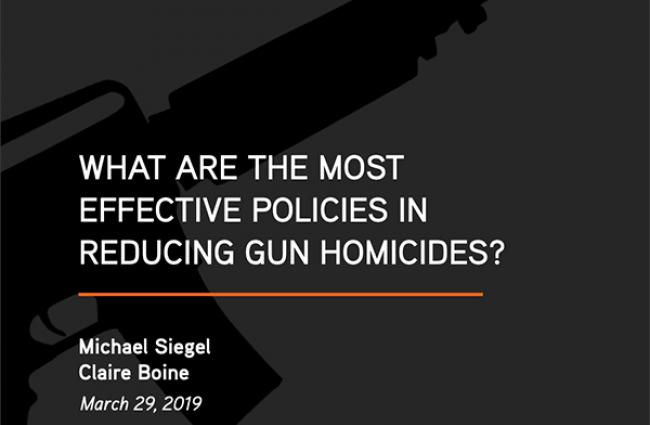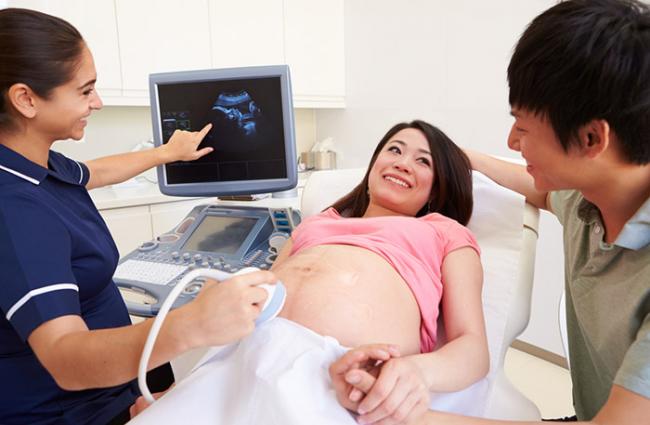Evidence for Action (E4A) funds research evaluating the population health, wellbeing, and racial equity impacts of programs, policies, and practices. What We're Learning is a repository of media pieces, research articles, presentations, reports, and other materials highlighting E4A supported research and findings. Sort by topic or resource type.


In this ABCNews piece, Meghan Keneally highlights how those participating in the Stockton Economic Empowerment Demonstration, a guaranteed basic income pilot, use the funds.

Crossroads Clientcare Longitudinal Database: Community-Engaged Data Collection for Population Health
In this interview, Dr. Sandi Pruitt and Dr. Tammy Leonard discuss their engagement in CARE, a community academic partnership improving the lives of low- and middle-income residents through evidence-based research.




The Impact of State Firearm Laws on Homicide and Suicide Deaths in the USA, 1991–2016: A Panel Study



Damon Jones, David Molitor, and Julian Reif provide background on why they decided to evaluate worksite wellness programs, what they evaluated, and what they found.
Outlet: Scientific American.

